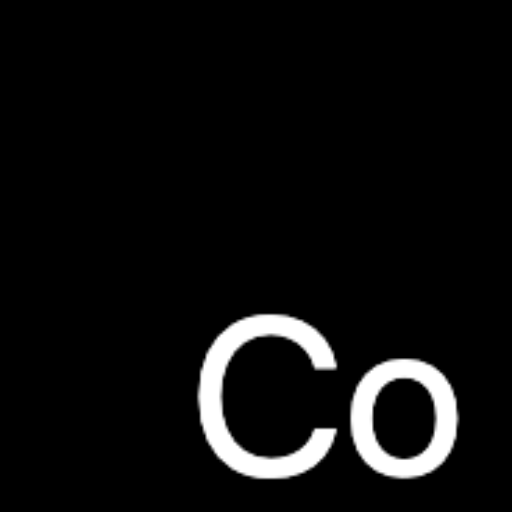Do you ever wonder if Vue JS will overtake React as the go-to JavaScript library for front-end web development? This is a question that has been debated by developers for some time, and the answer is not a simple one.
Vue JS is an open-source JavaScript framework that was launched in 2014. It is quickly gaining traction among developers due to its ease of use and flexibility. React, on the other hand, is a JavaScript library that was created by Facebook in 2013. It is popular among developers for its component-based approach and is used by many large companies.
So, can Vue JS truly replace React? To answer this question, let’s take a look at the benefits and drawbacks of both frameworks.
Pros of Vue JS
- Vue JS is lightweight, making it easy to use and fast to load.
- It is highly flexible, allowing developers to customize it to their own needs.
- It has a simple syntax and is easy to learn, making it a great choice for beginners.
Cons of Vue JS
- It does not have as much community support as React, which can make it difficult to find help when needed.
- It does not have as many features as React, which may be a limitation for some developers.
Pros of React
- React is a mature and robust JavaScript library that has been around for seven years.
- It is well-supported by the community and has a large number of features and tools.
- It is highly scalable, making it a great choice for large applications.
Cons of React
- It has a steep learning curve and can be difficult to master.
- It also has some issues with performance, which can be a problem for larger applications.
Conclusion
So, can Vue JS replace React? It is hard to say, as both frameworks have their own strengths and weaknesses. However, Vue JS is gaining popularity quickly and is becoming a viable alternative for many developers. It is worth considering for your next project, as it may be the best choice for you.
